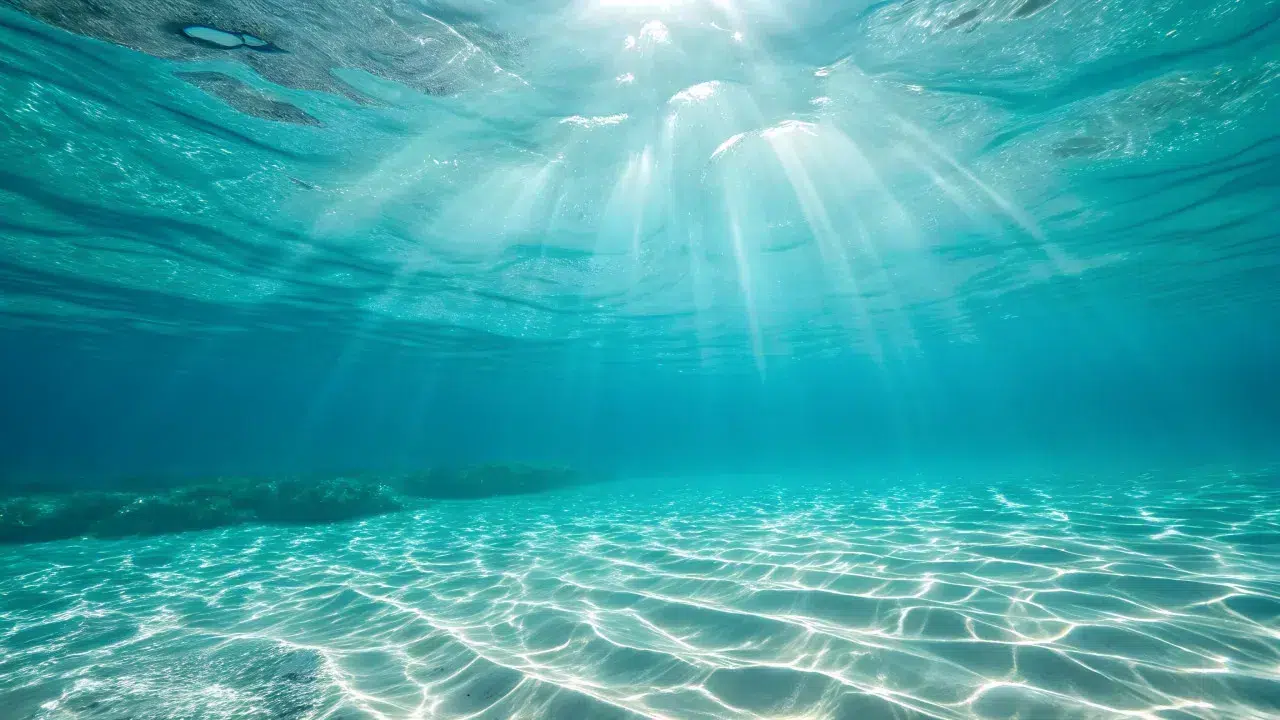
“There is a significant dereliction of duty by the States regarding their mission. In oceans, borders are much more difficult; there is an entire area that belongs to no one as exists on land. On land, there is always a border that delineates where it begins and ends. In the ocean, this does not exist, and somehow, the States say this is too complicated a problem,” stated José Soares dos Santos on the sidelines of the Blue Economy Financial Forum taking place in Monaco.
For Soares dos Santos, “what is being observed is the transfer of responsibilities to the private sector, which naturally has to respond to a set of expectations that individually seeks returns. States have the obligation to invest for the welfare of their populations and the places where they live,” he emphasized.
“I am always amazed at how little the governing officials know about the real problems and solutions concerning the oceans. In their agendas, which are vast, they end up picking up ‘soundbites,’ and it’s not with ‘soundbites’ that we will go far,” he emphasized.
The Blue Economy Financial Forum occurs two days before the United Nations conference in Nice (southern France, 23 kilometers from Monaco), aiming to “activate funding to restore the health of the oceans and accelerate the transition to a sustainable and regenerative blue economy.”
“If we want to solve the problems we have ahead, we must start taking action. We already have enough knowledge to know what to do, but we must be very practical and pragmatic in the actions we need to develop. Naturally, in these large gatherings, the speeches are often repeated and seldom applied in practice,” argued Soares dos Santos, who was also a speaker on one of the discussion panels this morning.
The Oceano Azul Foundation, which manages the Lisbon Oceanarium and aims to contribute to the conservation and sustainable use of the oceans, was established by the Soares dos Santos family through the Sociedade Francisco Manuel dos Santos, a global business group with a presence in distribution, industry, agri-food, specialized retail, healthcare, citizenship, and the environment.
Scientists consider the ocean to be experiencing a profound crisis. It faces significant challenges due to eutrophication, worsening acidification, decline in fish stocks, rising temperatures, and widespread pollution. All these factors contribute to habitat destruction and biodiversity decline.




